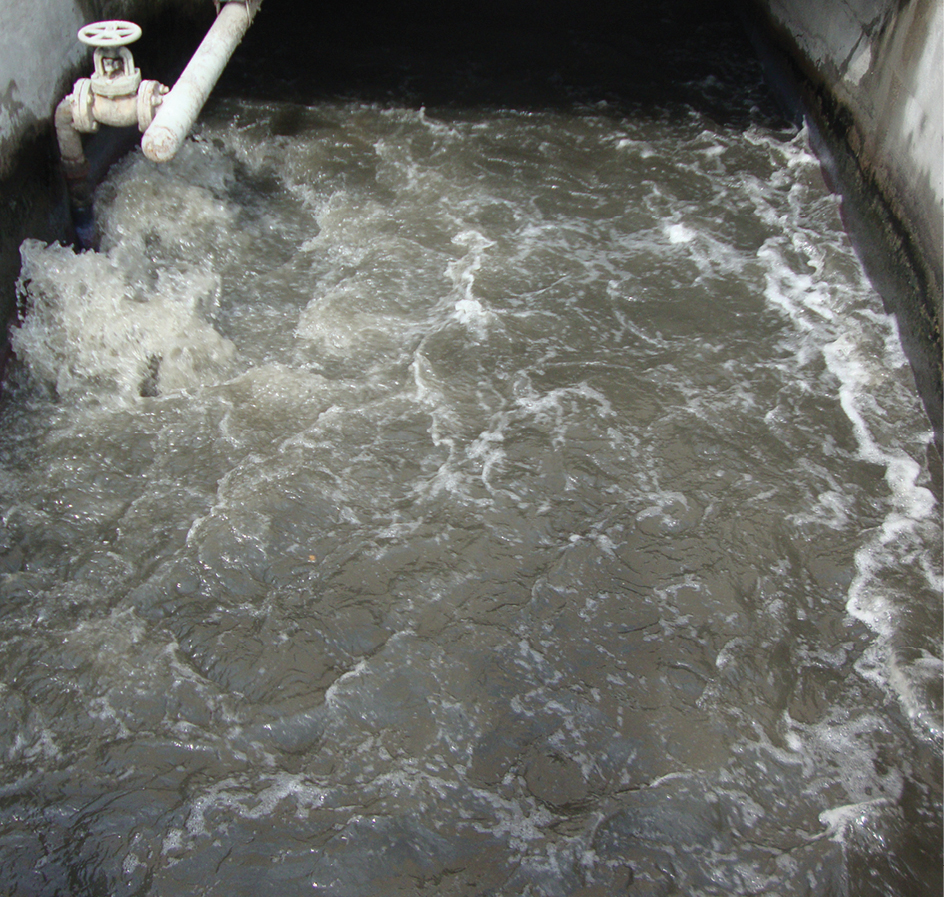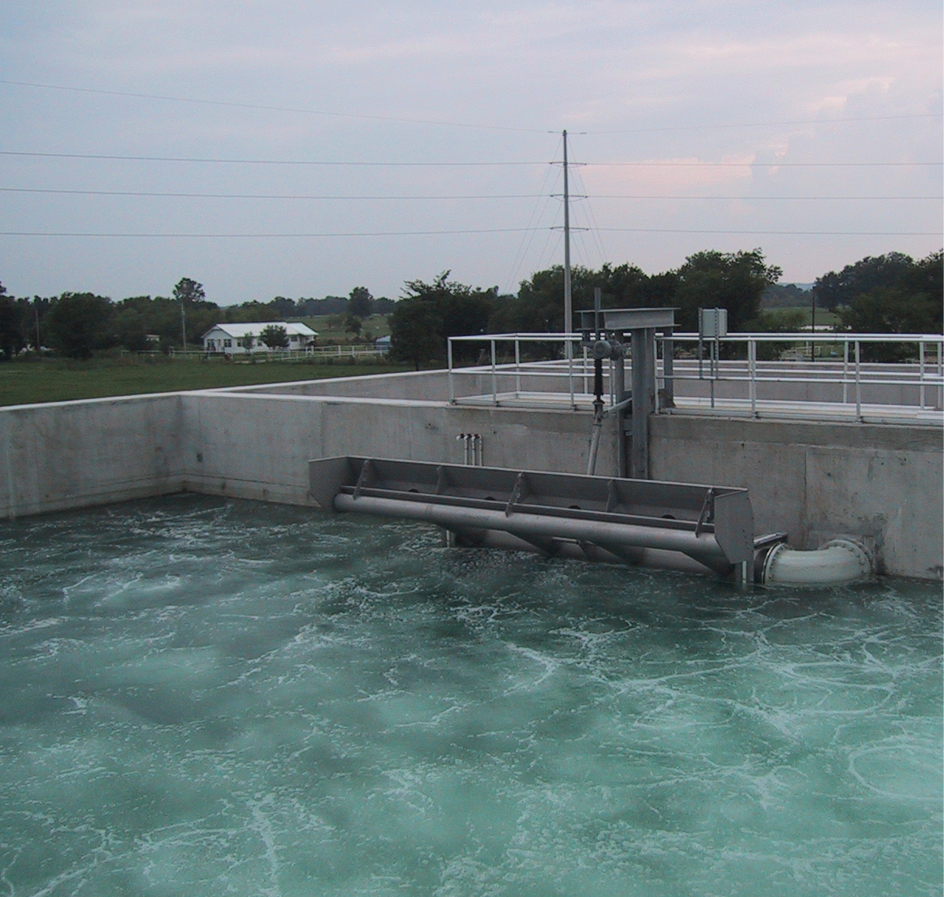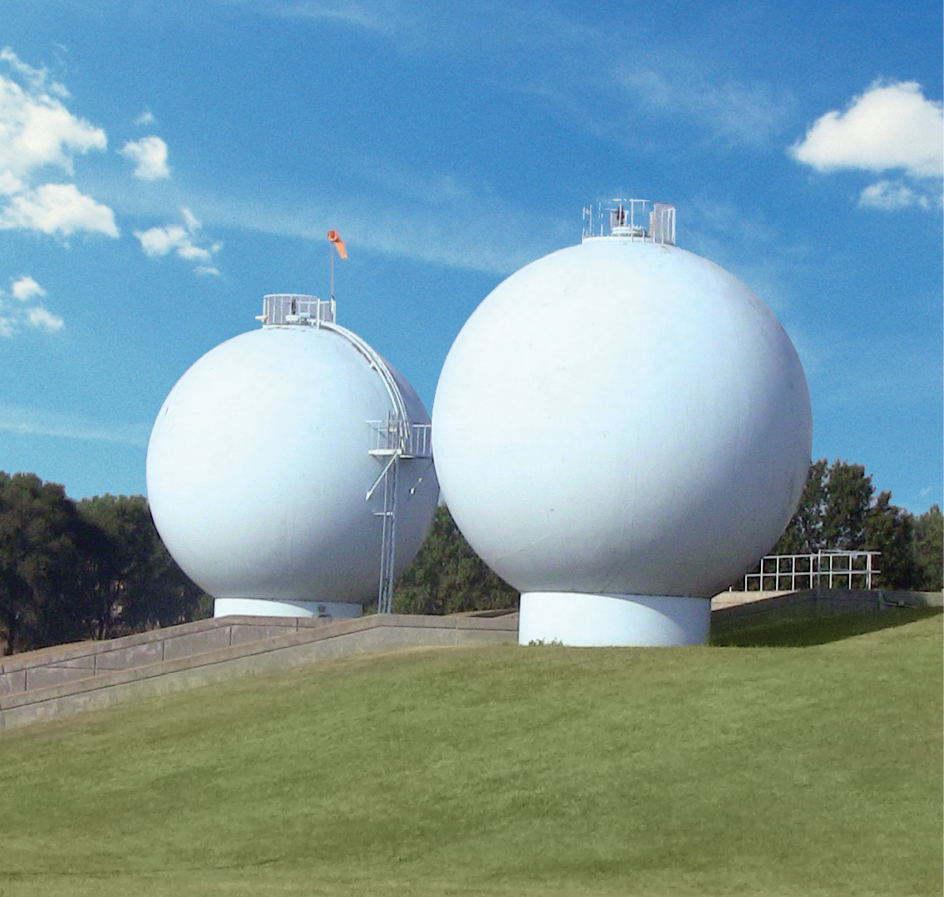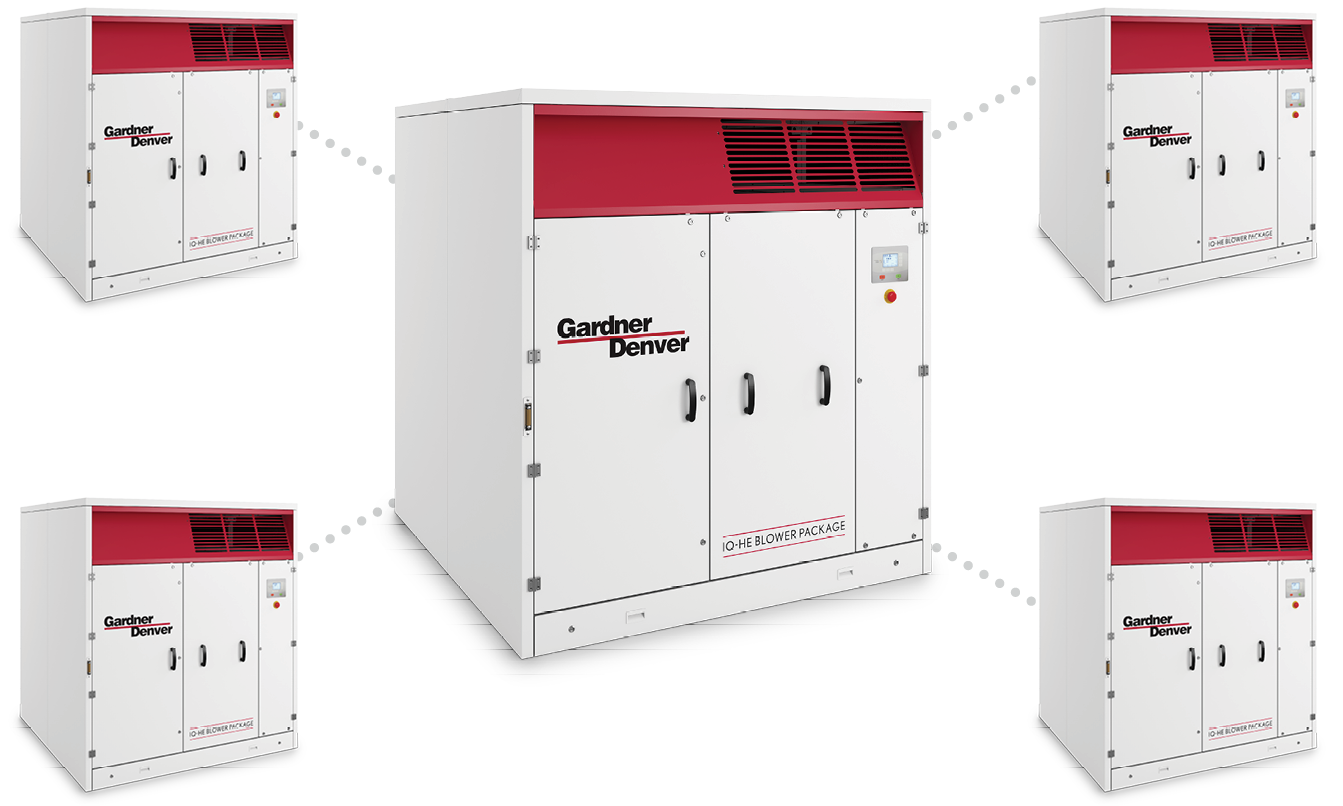Select Your Country/Region
Current Region:
 USA (EN)
USA (EN)
Choose a different country or region to see the content specific to your location
- Industries and applications
- Wastewater Blower Solutions
How can we help you?
How can we help you?
Gardner Denver understands the complex needs and challenges of the water and wastewater industries and offers a unique range of bare blowers and blower packages known for their excellent performance and low maintenance. Their innovative designs prioritize energy efficiency, noise reduction, and high performance, ensuring reliable and efficient system operation.
The journey toward choosing the perfect blower starts with a detailed examination of the system, concentrating on the distinct needs of the application to direct the choice of the most suitable blower technology.
Selecting a blower that precisely meets your operational requirements, such as airflow and pressure, is essential to ensure that you acquire the most cost-effective and suitable blower for your needs.
Essential Factors for Consideration:
Aeration Requirements: Understand the biological oxygen demand (BOD) and the specific aeration requirements of your wastewater treatment process. Different stages may require different amounts and types of aeration for the aeration system.
Flow and Pressure Specifications: Identify the precise airflow rate and pressure your application requires. This will largely dictate the type of blower technology suitable for your needs.
Efficiency and Energy Usage: Blowers are one of the most energy-intensive components in wastewater treatment plants, often accounting for up to 60% of the total energy consumption. Selecting energy-efficient blowers can significantly reduce operational costs.
System Compatibility: Ensure the blower can be integrated into your existing water treatment or wastewater treatment system without requiring extensive modifications.
Noise Levels: Wastewater treatment plants are often located near residential areas, and noise pollution can be a concern. Look for blowers that operate quietly or make plans to mitigate noise.
Maintenance and Serviceability: Consider the ease of maintenance and the availability of service and parts. Blowers with longer service intervals and easier access to components can reduce downtime and maintenance costs.
Reliability and Durability: Choose blowers with a proven track record of reliability. Downtime in wastewater treatment can lead to non-compliance with environmental regulations and potentially hefty fines.
Download your Blower Selection Guide Here
Grit Aeration
Air is blown into the water, which creates a spiral flow of water
Particles of a certain size drop to the bottom of the chamber, and are removed
The wastewater is then moved onto the next process

Channel Aeration
Air is pumped through diffusers into tanks containing wastewater
The diffusers create bubbles, raising the level of dissolved oxygen
The dissolved oxygen promotes the growth of bacteria that help remove the phosphates in the water
Aerobic Digestion
Process of oxidizing and decomposing organic material, with the presence of oxygen
Helps reduce mass and volume, as well as harmful micro organisms
The most widely used wastewater treatment process for smaller plants

Sludge Digestion
Digestion process with absence of oxygen
Transforms organic material into gases, such as methane, which can then be used or sold as an energy source
The most widely used wastewater treatment process for large plants, over 5 MGD
Filter Backwash
Air is used to expand the filter bed, breaking up compacted material
Clean backwash water is pumped in, suspending the loose particles
The suspended particles are lifted into troughs and carried away

